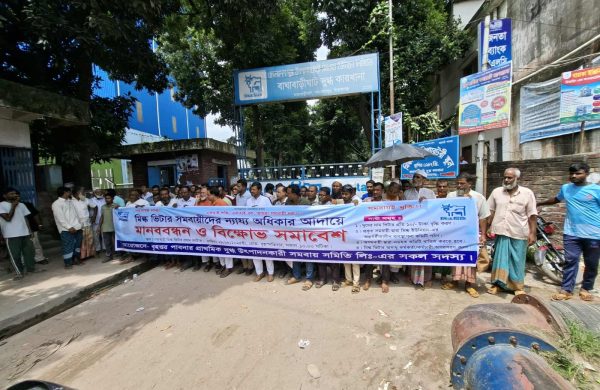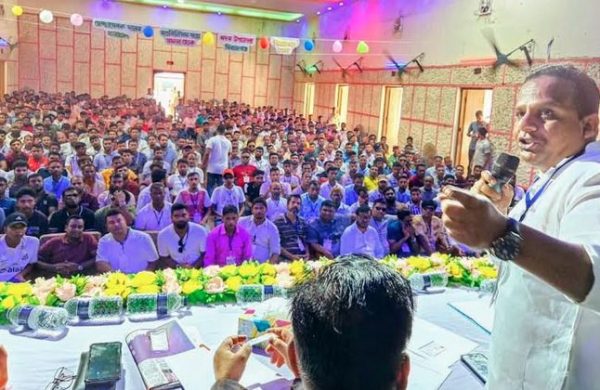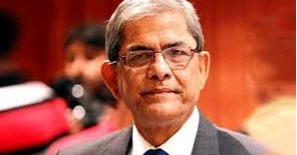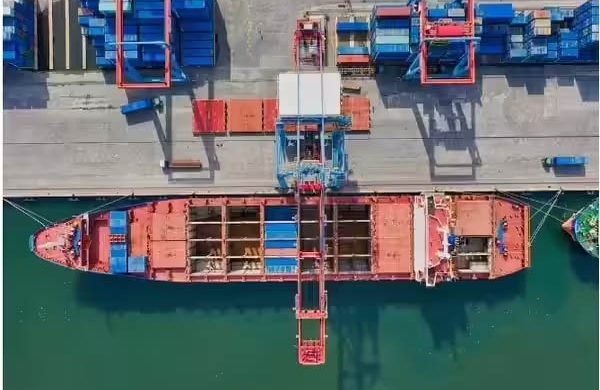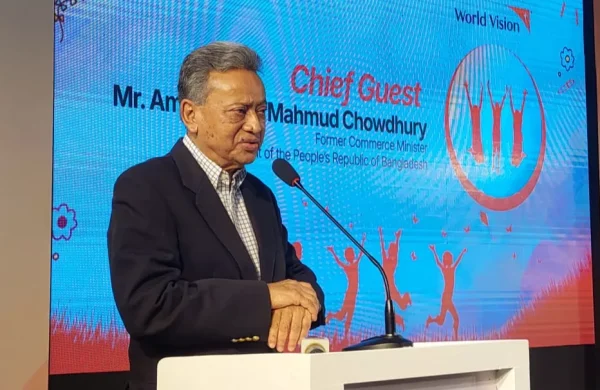New era of reform begins in banking sector
- Update Time : Thursday, August 22, 2024

TDS Desk:
The direct impact of changes in state power has had a profound effect on the management of Bangladesh’s financial sector, with new faces replacing the old ones. In this context, the new governor of the Bangladesh Bank, Ahsan H Mansur, is set to address the necessary reforms in the banking sector, which is struggling with liquidity crises and fraudulent non-performing loans.
The reform efforts are beginning with the notable Islami Bank Bangladesh and National Bank, two banks that were once recognised as leading institutions in terms of loans and deposits but have now deteriorated due to irregularities and scandals. On Tuesday, the Bangladesh Bank dissolved the board of the National Bank and formed a new board. A day later, the central bank decided to dissolve the board of Islami Bank within a couple of days.
Regarding the restructuring or dissolution of the bank’s board, Dr Zahid Hussain, former lead economist of the World Bank’s Dhaka office, told that, “There is an opportunity to appoint directors to the bank’s board through share ownership. This is a legal process that will take time.”
He also advised that the Bangladesh Bank should exercise its special powers under the PCA (Prompt Corrective Action) framework or the Bank Company Act.
He noted that issues are not limited to Shariah-based banks but are also prevalent in conventional banks.
Zahid Hossain suggested, “The reform process should be initiated in a manner that does not create panic in the banking sector. Depositors should not be frightened.”
In December 2023, the Bangladesh Bank formulated a special plan under the PCA framework to address the crises faced by troubled and weak banks.
Dr Fahmida Khatun, executive Director at the Centre for Policy Dialogue (CPD), commented that the irregularities at Islami Bank have set an example for the country’s banking sector. This has happened due to a lack of good governance and corruption.
She believes that there are many existing laws to address irregularities, abuse of power, theft, and scandals. It is possible to hold perpetrators accountable and bring them under the law.
Fahmida Khatun also noted that taking action against several large companies could set a significant precedent for the future of the banking sector.
Before the change of ownership in Islami Bank
In 1983, Islami Bank Bangladesh Limited, later PLC (IBBL), the country’s first Shariah-based bank, was approved and listed on the stock market in 1985.
At its inception, this largest bank in the country was financed 70% by various foreign individuals and institutions, with only one of them remaining now.
The remaining capital came from the Bangladeshi government and some local individuals and institutions.
When trials for crimes against humanity began in Bangladesh in 2013, there were calls for a change in the ownership of Islami Bank Bangladesh.
After the 2014 general election, these calls became stronger, leading to preparations for a change in ownership. Seeing government support for this change, the founding promoter, Bahrain Islamic Bank, sold all its shares and exited in 2014.
In 2015, another founding institution, Dubai Islamic Bank, also sold all its shares.
In December 2016, a company named Armada Spinning Mills purchased shares of the bank and appointed former secretary Arastoo Khan as a director. The formal process of “taking control” of the bank was completed with Arastu Khan joining on behalf of the Chattogram-based S Alam Group, the primary shareholders.
Following this, foreign investors began to exit the bank.
In 2016, the domestic United Group’s company, Hazrat Shahjalal (R) Industrial City Limited, purchased 3,25,47,335 shares of the bank. During that year’s annual general meeting (AGM), a director was appointed on their behalf.
Subsequently, a Chattogram-based company named Grand Business acquired shares and entered the bank. This marked the beginning of the bank’s ownership change.
That same year, eight more individuals from various sectors were appointed as independent directors, who began to play a key role in the bank’s management.
On 5 January, 2017, sudden changes occurred in the bank’s management and administration.
In a letter sent to the then finance minister Abul Maal Abdul Muhith on 24 January of the same year, the President of the Islamic Development Bank (IDB) expressed concern that despite IDB and Saudi and Kuwaiti stakeholders holding 52% of the bank’s shares, they were being sidelined in the bank’s decision-making processes.
In the same year, Arastoo Khan was appointed as the chairman of the bank. After this major change, the founding director IDB sold 8 crore 69 lakh shares of Islami Bank.
On 5 January 2017, the chairman of Islami Bank, a vice chairman, and the managing director were forcibly made to resign. In a break from tradition, the bank’s board of directors met in a hotel to make decisions. The replacements for the resigning directors were also determined.
Subsequently, S Alam Group gradually acquired more than 30% of the shares under various names.
At the time of the ownership transfer, the bank’s total loan portfolio was Tk61,641 crore, while deposits stood at Tk68,135 crore. Although the non-performing loan (NPL) ratio was below 3% at one point, it has now risen to 5%.
Up until 2016, S Alam Group loan outstanding from the bank was only Tk3,006 crore. Over the past eight years, S Alam and its affiliated companies’ total loan outstanding has exceeded Tk75,000 crore.
Before S Alam Group took control, foreign shareholders owned about 52% of the shares, which has now decreased to 12.96%. As of the end of July, 35.68% of the shares of the bank are held by founding directors, 43.22% by institutional investors, and 8.14% by general shareholders.
Islamic Development Bank (IDB), Dubai Islamic Bank, Al-Rajhi Group, Kuwait Finance House, and Saudi company Arabsas Travel and Tourist Agencies, among others, have gradually sold their shares.
Shareholders have alleged that the ownership of shares held by general investors is indirectly controlled by S Alam Group.
After losing control of the ownership, Islami Bank’s deposits decreased, and income also fell, while loan distribution and non-performing loans increased. During the cash crisis, the central bank provided liquidity support by printing money under special measures during the tenures of the last two governors. This money has also ended up benefiting S Alam Group.


